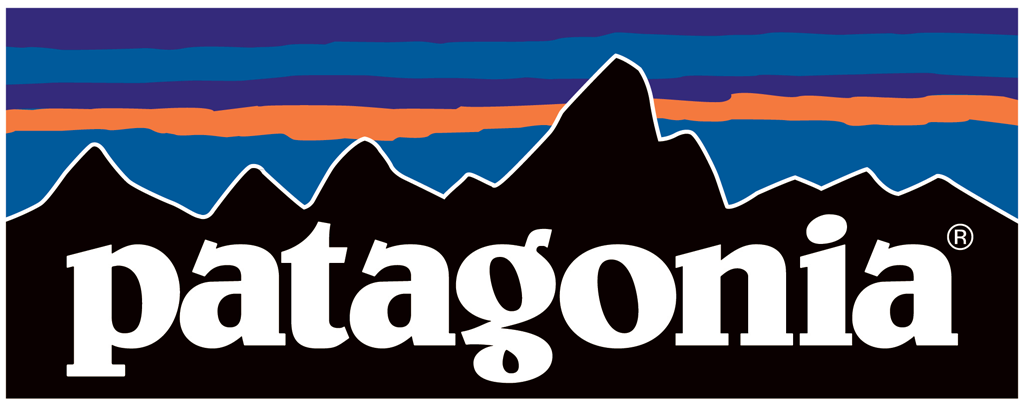Berkeley Haas Case Series
The Berkeley Haas Case Series is a collection of business case studies created by UC Berkeley faculty

Are you a graduate student at a U.S. based university who is interested in changing consumption and production patterns to reduce the impact on the environment?
Be on the lookout for event registration information, available this fall.
The Patagonia Eco Innovation Case Competition is a new addition to Berkeley Haas, and reflects our mission to develop leaders who will redefine how we do business.
This student case competition presents a current, real-life, sustainability issue that Patagonia faces. Their senior leadership team is looking for your innovative ideas on how to best address the case. Successful teams will be able to tackle the interconnected business and sustainability challenge that the case introduces.
The competition will take place in two rounds after the case is revealed in January 2018. A team of Patagonia judges will review the first round of submissions and select eight finalists teams to travel to the Haas School of Business and present their solutions to Patagonia executives in person.
Patagonia Provisions is continually searching for environmentally benign packaging options for its food products. What solutions – technical or otherwise – can Patagonia and the broader food & beverage market adopt?
The top three teams receive cash prizes. All finalists get to engage with Patagonia executives at the Haas School of Business during the final competition round. The top teams also get to visit Patagonia's Ventura, California headquarters to experience Patagonia's culture and discuss the implementation of their solution. Surfing and exploring with the Patagonia team included!
How Patagonia can best achieve carbon neutrality by 2025 not only for itself, but to provide a model for industry to follow suit.
In light of the recent launch of Patagonia Provisions, the 2017 case study focused on Patagonia’s desire to accelerate regenerative agricultural practices for food.
The 2016 case study concerned DWR – Durable Water Repellent, a coating applied to clothing to make it more water repellent. DWR loses effectiveness over time as it wears off, necessitating repeated applications or replacement of gear. And DWR, a C8 long-chain fluorocarbon, turns out to be a persistent environmental pollutant that accumulates in rivers and lakes.
The top three teams receive cash prizes. All finalists get to engage with Patagonia executives at the Haas School of Business during the final competition round. The top teams also get to visit Patagonia's Ventura, California headquarters to experience Patagonia's culture and discuss the implementation of their solution. Surfing and exploring with the Patagonia team included!